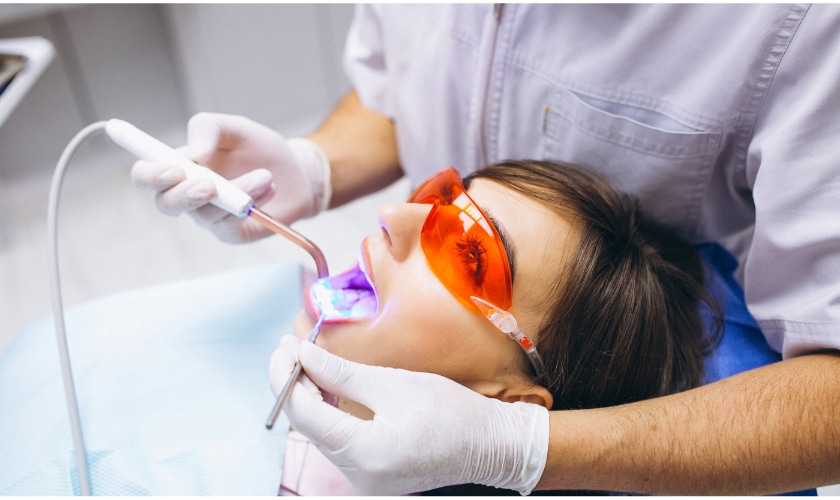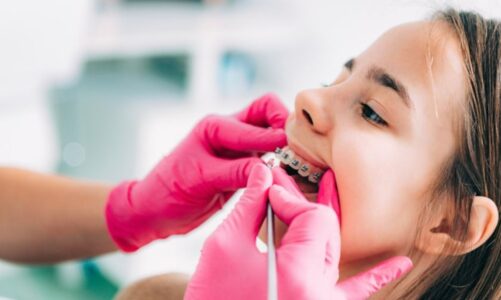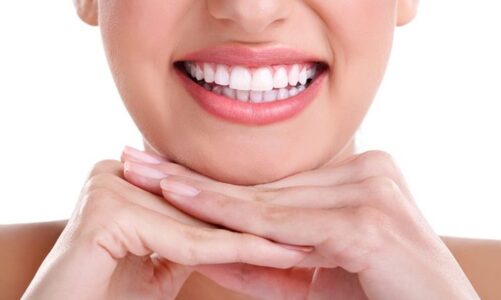Preventive dentistry ensures healthier teeth and gums, saving you pain and expense. Regular check-ups catch minor issues before they become major problems. They help avoid cavities, gum disease, and other dental woes. As a Downtown Brooklyn NY dentist will tell you, seeking preventive care means fewer visits for repairs and more time enjoying life. Remember three essentials: brushing, flossing, and routine dental visits. These simple habits ward off decay and discomfort. Missing these steps can lead to more serious conditions, impacting not just your mouth but your overall well-being. Preventive care is not about immediate problems but focuses on keeping future dental issues at bay. Embracing preventive practices provides peace of mind. It assures you are actively protecting your health. Don’t wait for problems to appear. Prioritize prevention today. This is the smart way to maintain your smile and avoid unnecessary complications.
What Is Preventive Dentistry?
Preventive dentistry is the practice of caring for your teeth to keep them healthy. It involves daily practices such as brushing and flossing. It also includes professional cleanings by a dentist. This approach helps maintain oral health and avoids the need for costly treatments down the road. Regular dental check-ups play a crucial role in preventive care. They enable early detection of issues like cavities and gum disease. When you keep up with these visits, you’re taking an active role in preventing future dental problems.
Benefits Of Preventive Dentistry
Taking preventive measures in dentistry brings several advantages:
- Cost Savings: Preventive care reduces the need for expensive treatments like fillings, crowns, and root canals.
- Pain Prevention: Regular check-ups and cleanings help detect issues early, minimizing pain and discomfort.
- Improved Overall Health: Oral health is linked to overall well-being. A healthy mouth contributes to a healthier body.
Comparing Preventive vs. Reactive Dental Care
| Aspect | Preventive Dental Care | Reactive Dental Care |
|---|---|---|
| Approach | Proactive measures to prevent issues | Treatment after issues emerge |
| Cost | Lower overall costs | Higher costs due to extensive treatments |
| Pain and Discomfort | Minimized through early detection | Higher due to advanced issues |
How To Implement Effective Preventive Care
Implementing effective preventive care begins with daily habits. Brushing twice a day with fluoride toothpaste and flossing once daily removes plaque. It’s important to use the correct techniques for maximum benefit. Regular dental visits are essential too. During these appointments, your dentist will clean your teeth and check for any issues. Sealants and fluoride treatments offer additional protection, especially for children.
Eating a balanced diet also supports oral health. Limiting sugary foods reduces the risk of cavities. Consuming fruits and vegetables provides essential nutrients for strong teeth and gums. Stay hydrated with water rather than sugary drinks to keep your mouth clean.
Guidance From Trusted Sources
For more information on preventive dentistry, visit the Centers for Disease Control and Prevention and the American Dental Association. These sources offer valuable insights into maintaining oral health and preventing dental problems. They provide guidelines backed by research to help you make informed decisions about your dental care.
The Role Of Dentists In Preventive Care
Dentists play an important role in preventive care. They provide education on proper oral hygiene techniques. They also perform regular cleanings and exams. During these visits, dentists look for early signs of dental issues. This allows for timely intervention before problems escalate. By partnering with your dentist, you gain a valuable ally in maintaining your oral health. Dentists offer personalized advice based on your specific needs, ensuring that you receive the best care possible.
Final Thoughts
Preventive dentistry stands as the foundation of general dentistry. It focuses on maintaining oral health and preventing problems before they arise. By adopting preventive measures, you save money, avoid pain, and promote overall health. Make preventive care a priority today. Your future self will thank you for taking steps to protect your smile.




